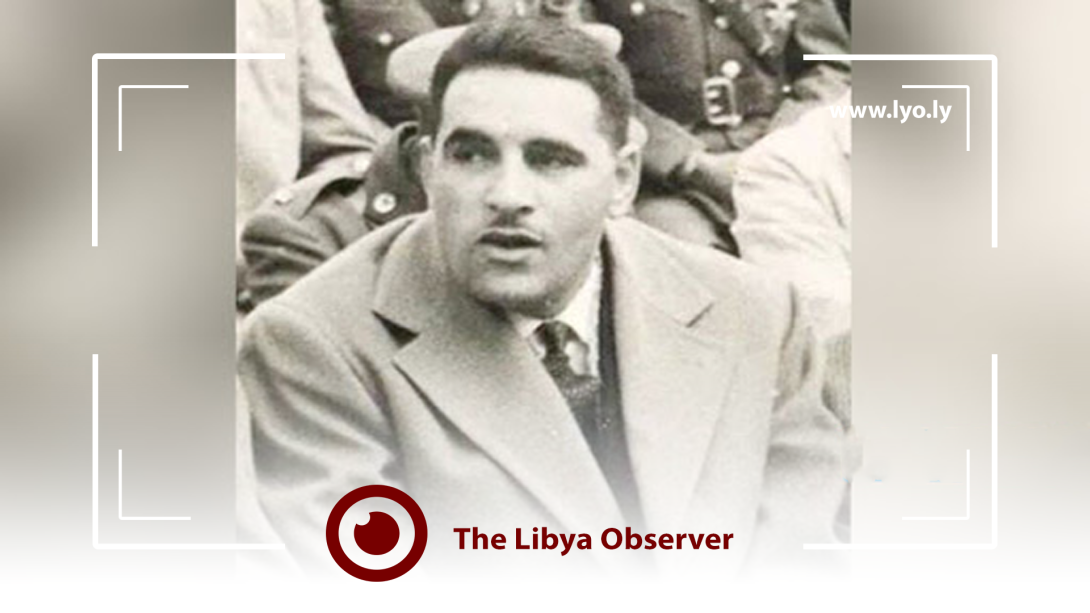Apart from his role in political life, Abdul-Qader Al-Badri was generous, well-mannered, and a loving son for his mother.
He assumed office as prime minister in the 1st of July 1967 during a crucial period of Libya's modern history before he resigned in October of the same year making way for the Minister of Justice, Abdul Hamid Al-Bakoush.
Abdul-Qader Abdul-Qader Al-Badri who was named after his father was born in 1921, in the district of "Al-Militaniya" of the small town of Abyar east of Benghazi where he lived a simple rural childhood.
Although fatherless and raised in poverty, he was a "strong character" that assumed family responsibility from an early age, as his father died before he drew his first breath and left him with a widowed mother to care for.
He received his primary education at a religious school like many of his peers at that time, and got engaged in farming and other trade activities, where he proved most successful in the business world and managed to create a fortune, to become one of the wealthiest of Benghazi's society in his thirties.
Al-Badry who grew up as a single child with no brothers or sisters had 33 children from several marriages, including 18 boys and 15 girls, making "a dream come true" for his mother who was always praying to see him have a big family of his own.
He won parliament elections of the Cyrenaica government in 1950 by acclamation and maintained his position as an MP for his hometown Al-Abyar since the independence of Libya.
Al-Badri was among sixteen deputies who opposed the Libyan-British Treaty in 1953, which made him one of the main opposition leaders in the National Assembly.
He assumed several ministerial positions and continued to climb the ranks of the government serving at the head of the ministries of health, industry, jobs, housing, and government property until he took the office of Prime Minister in 1967.
In the 1960s, he built the largest and most luxurious mosque in Benghazi at the time, but all his properties were vandalized and confiscated as the new rulers took over the country by a military coup in 1969.
Al-Badry was harassed, intimidated, arrested, and interrogated after Gaddafi's coup, he was also forbidden to travel and put under the supervision of the Gaddafi regime's intelligence services.
His son "Isam" was executed in 1987 by the so-called Revolutionary Committees "Lijan Thawria", which were licensed by Gaddafi to prosecute all those suspected of opposing his regime.
Isam was arrested among a large group of youths for allegedly assassinating a member of the Revolutionary Committee, Ahmed Wirfalli, a Gaddafi's favorite known for his fearsome reputation for brutality towards Gaddafi's opponents.
Wirfalli was responsible for the torturing and killing of teachers and students including activists in the student movement, among them Ahmad Makhlouf and Naji Buhweya who were reportedly torched to death under his command.
The ruthless scenes of the execution were broadcasted live on Libyan TV state on 17 February 1987.
Abdul-Qader Al-Badri died on the 13th of February 2003 and was buried at his birthplace in the Al-Militaniya region east of Benghazi.

